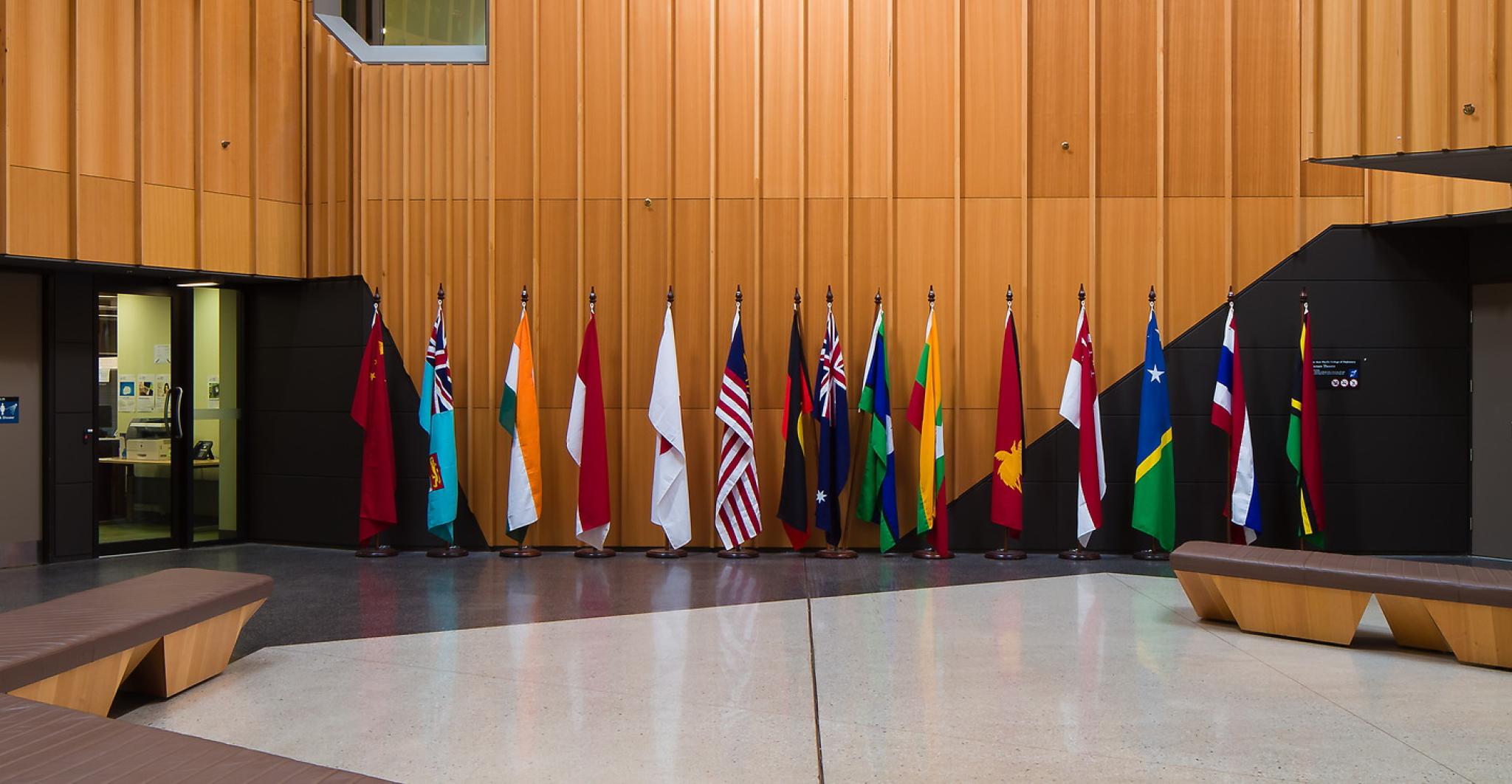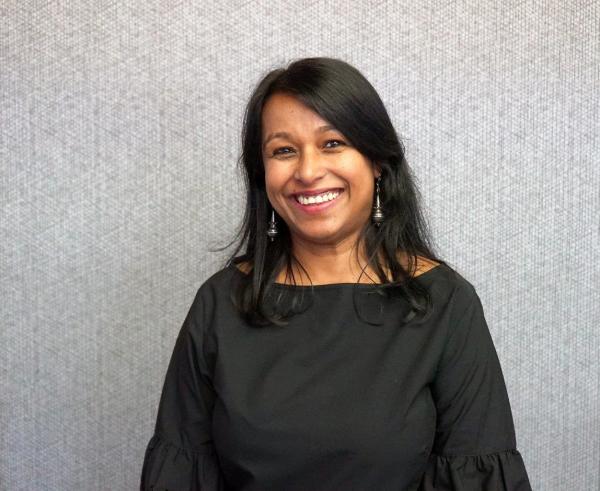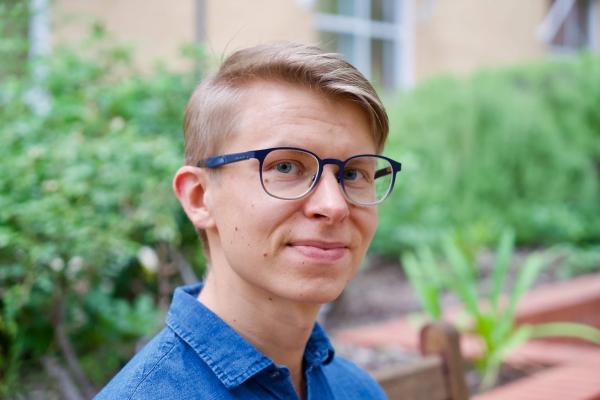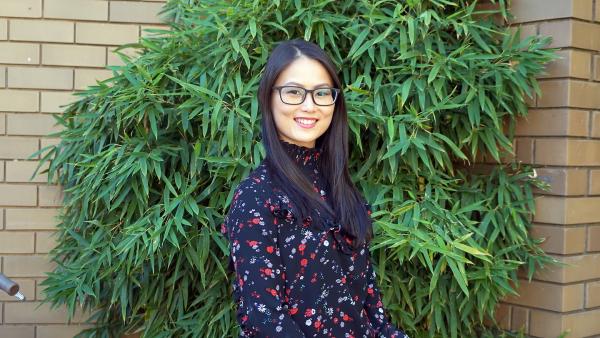Established in 1949, we were the first IR Department established in Australia. Over the years, we have been home to discipline-defining scholars, including Hedley Bull and Coral Bell, after whom our building and School are named.
Today, the Department is known for its blending of theoretical and empirical work, especially on the Asia-Pacific region. The Department is home to 19 permanent faculty, who work on a wide range of issue-areas, including the Women, Peace and Security agenda, atrocity prevention, war and revolution, changing patterns of world order, and more.
The Department is also home to more than 30 PhD students and around 100 Masters students, who study one of our four postgraduate programs: ‘International Relations’, ‘Diplomacy’, ‘International Law and Diplomacy’ and, from January 2024, ‘Peace and Conflict Studies’. Based as we are in Canberra, Australia’s capital city, we regularly engage in forms of Executive Education, especially in the field of diplomacy, as we help to equip practitioners with the knowledge and skills they need to carry out their roles.
Beyond this extensive teaching portfolio, all of the faculty in the IR Department are active researchers. This research, much of which is supported by major grants, is published in award-winning books and scholarly articles, as well as in policy reports and other formats designed for engaged publics. We also host regular seminars, workshops and public events that serve to connect scholarly and non-scholarly communities in Canberra.
All in all, the IR Department at ANU is a thriving intellectual community. We hope that our website provides a straightforward way of navigating around our various activities. If you have any questions, please do get in touch.
Research
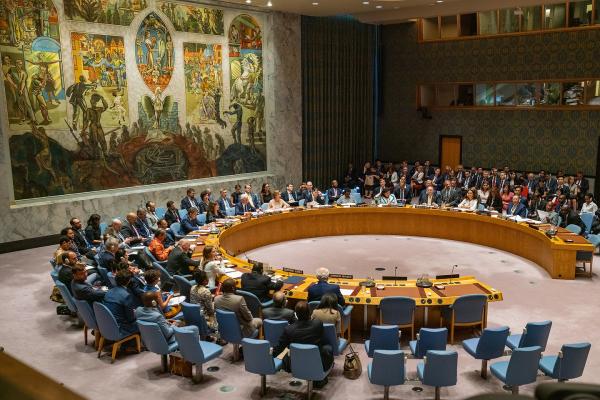
The IR Department at ANU is one of the world’s leading centres for the study of global politics. Home to discipline-defining scholars, the ANU IR Department is known around the world for the ways in which it links theory and practice with historical and contemporary analysis, with a particular focus on the Asia-Pacific region.
Our faculty can be loosely grouped into three main areas: Asia-Pacific politics; global histories and theories; and peace and conflict studies.
Education
The Department is home to more than 30 PhD students and around 150 Masters students, who are based in one of our four postgraduate programs: ‘International Relations’, ‘Diplomacy’, ‘Diplomacy and International Law’ and, from January 2024, ‘Peace and Conflict Studies’. Colleagues in the Department also teach into a number of undergraduate programs around the university. Based as we are in Canberra, Australia’s capital city, we regularly engage in forms of Executive Education, especially in the field of diplomacy, as we help to equip practitioners with the knowledge and skills they need to carry out their roles.

Head of Department
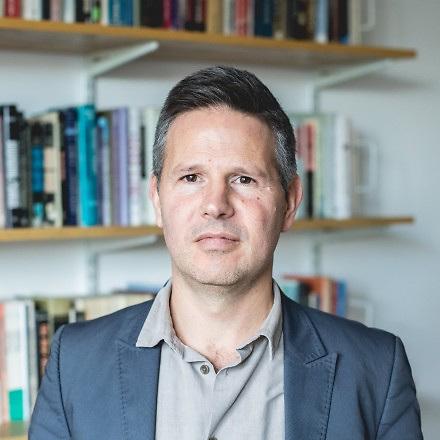
George Lawson joined ANU in 2020, having previously taught at the London School of Economics (LSE) and Goldsmiths College. He works primarily on historical sociology and revolutions. On the latter, he is the author of: On Revolutions: Unruly Politics in the Contemporary World (Oxford, 2022) (with Colin Beck, Mlada Bukovanksy, Erica Chenoweth, Sharon Nepstad and Daniel Ritter); Anatomies of Revolution (Cambridge, 2019); and Negotiated Revolutions: The Czech Republic, South Africa and Chile (Routledge, 2016/2005). On the former, he is the co-editor of Global Historical Sociology (with Julian Go) (Cambridge, 2017) and The Global 1989 (with Chris Armbruster and Michael Cox) (Cambridge, 2010), and the co-author, with Barry Buzan, of The Global Transformation: History, Modernity and the Making of International Relations (Cambridge, 2015).
